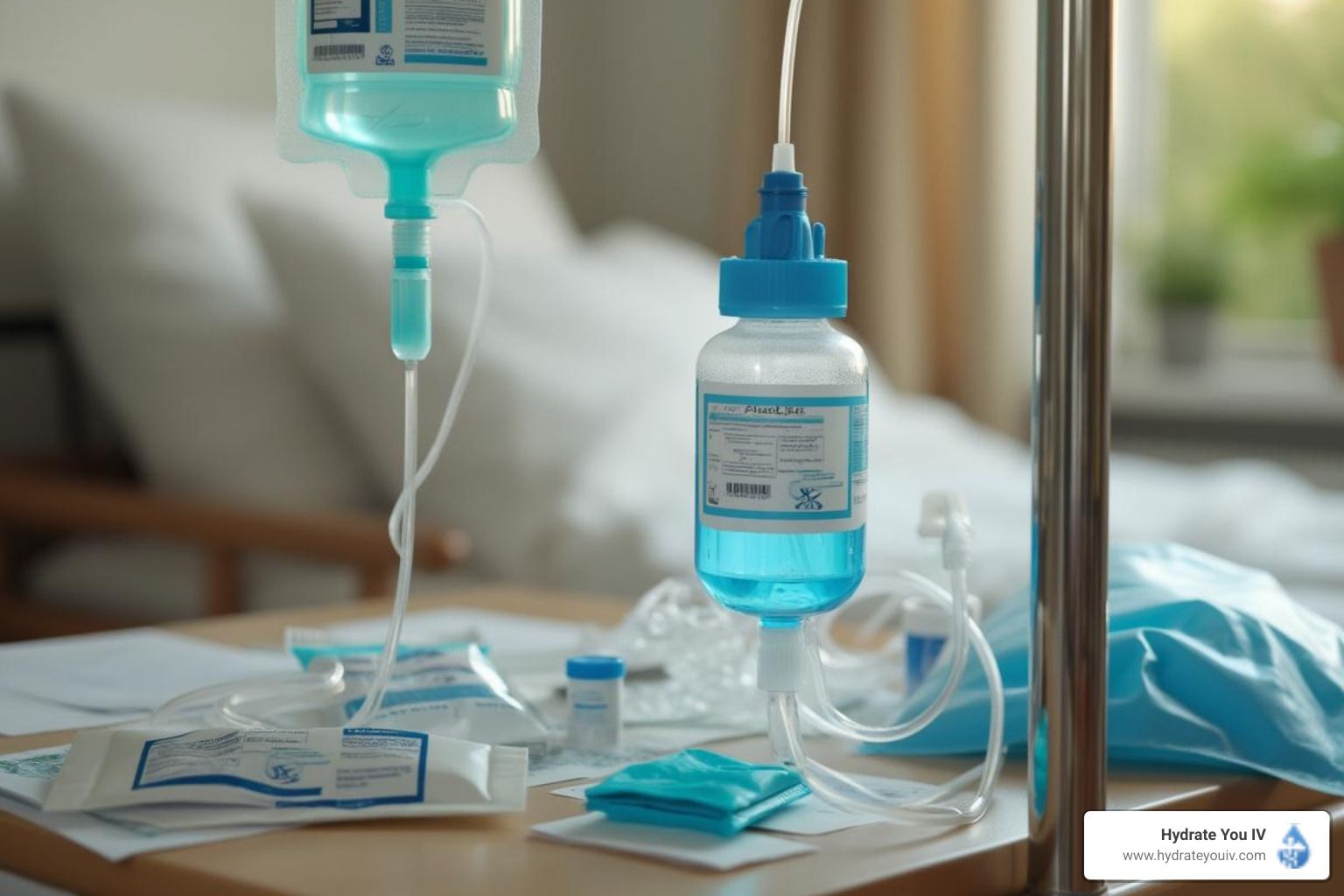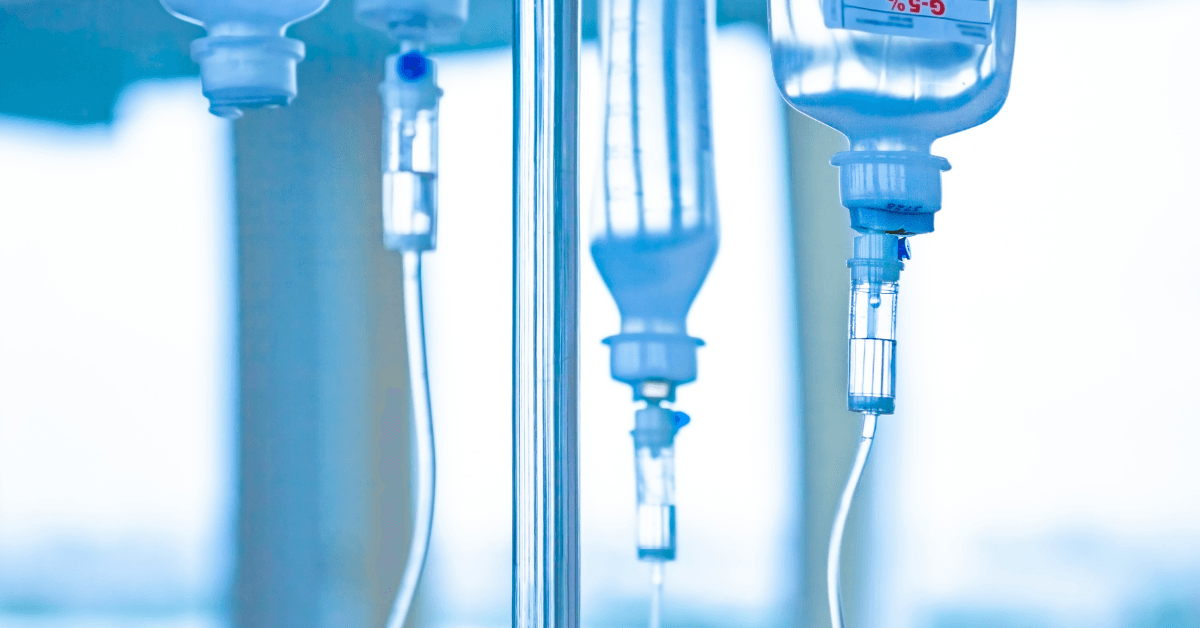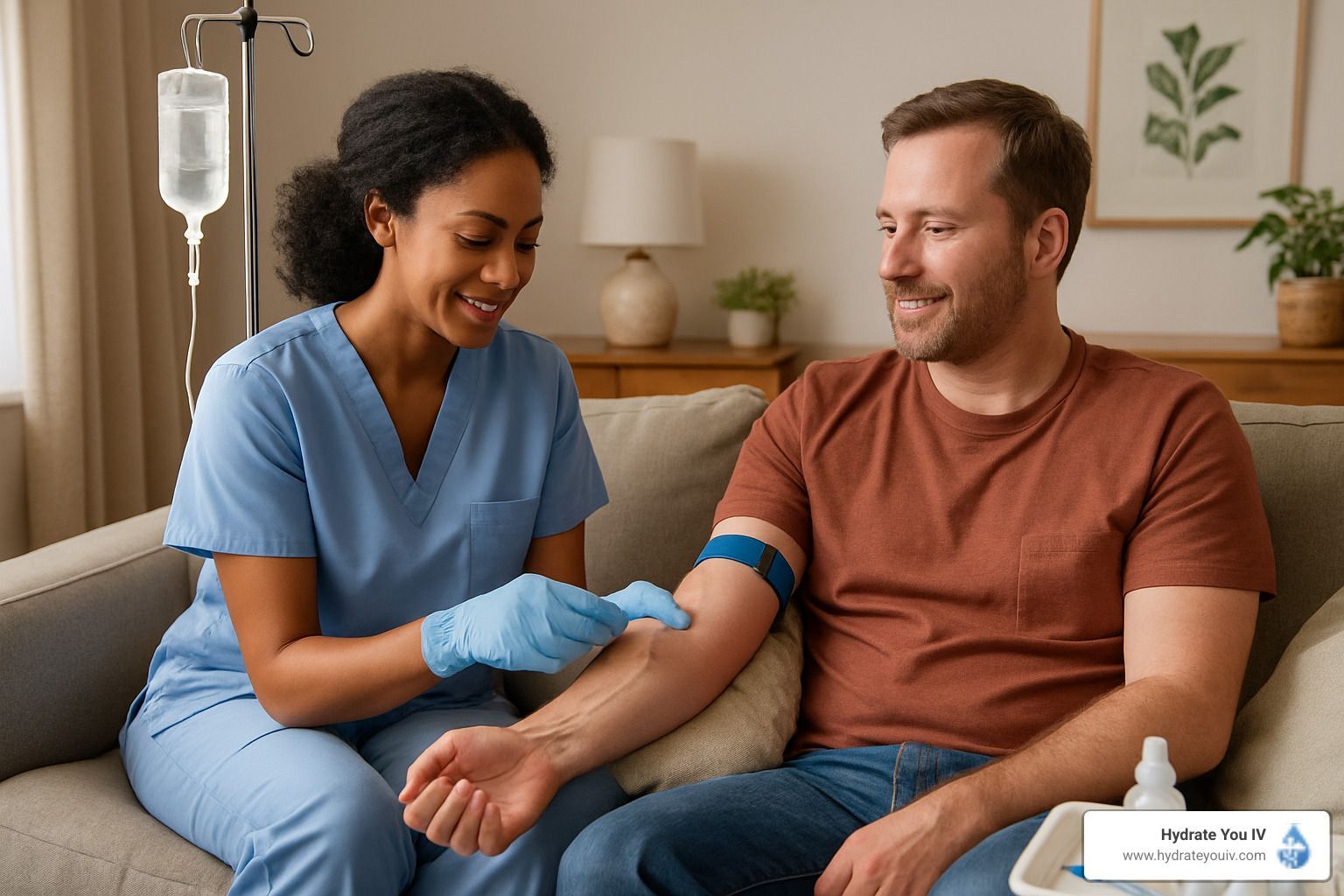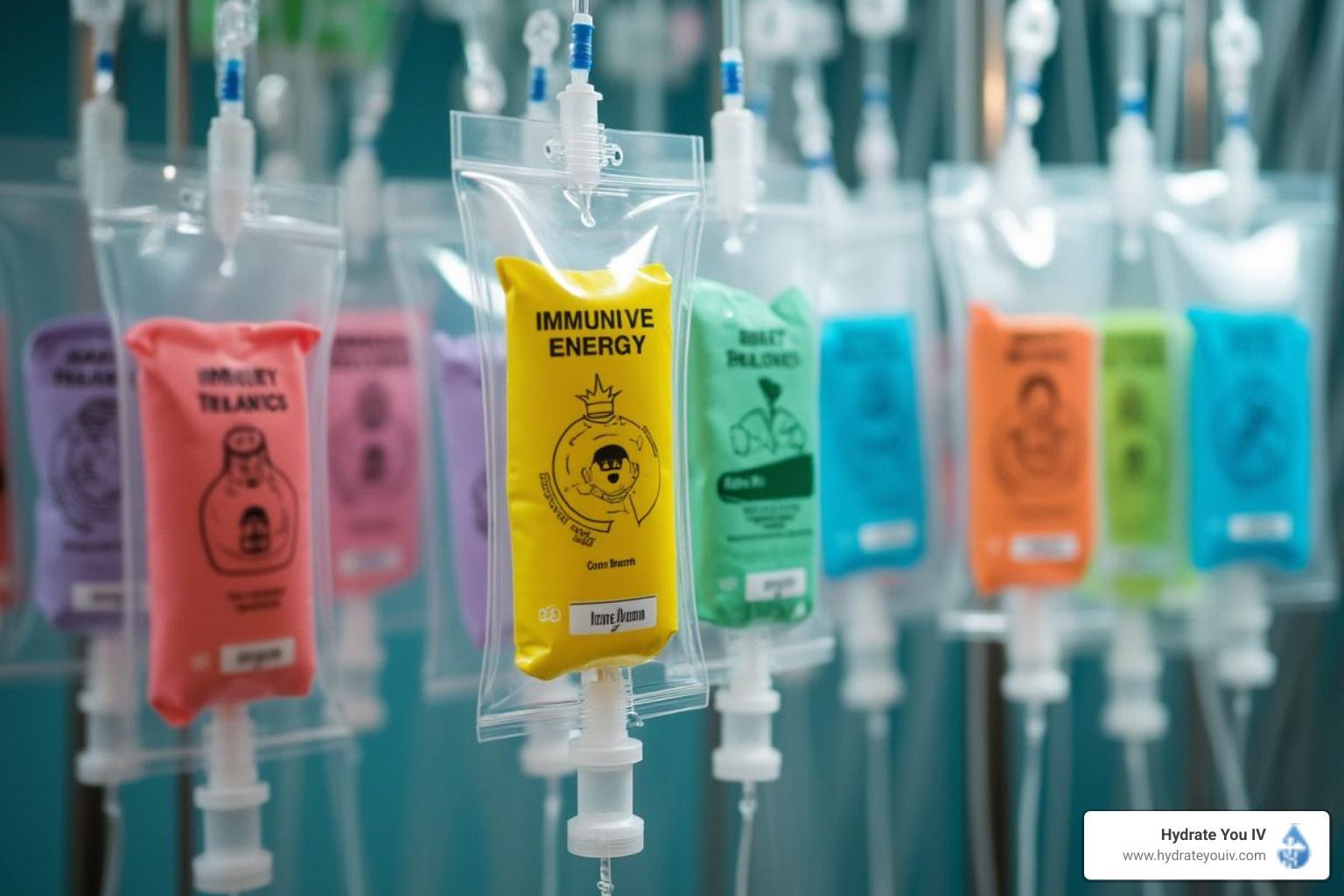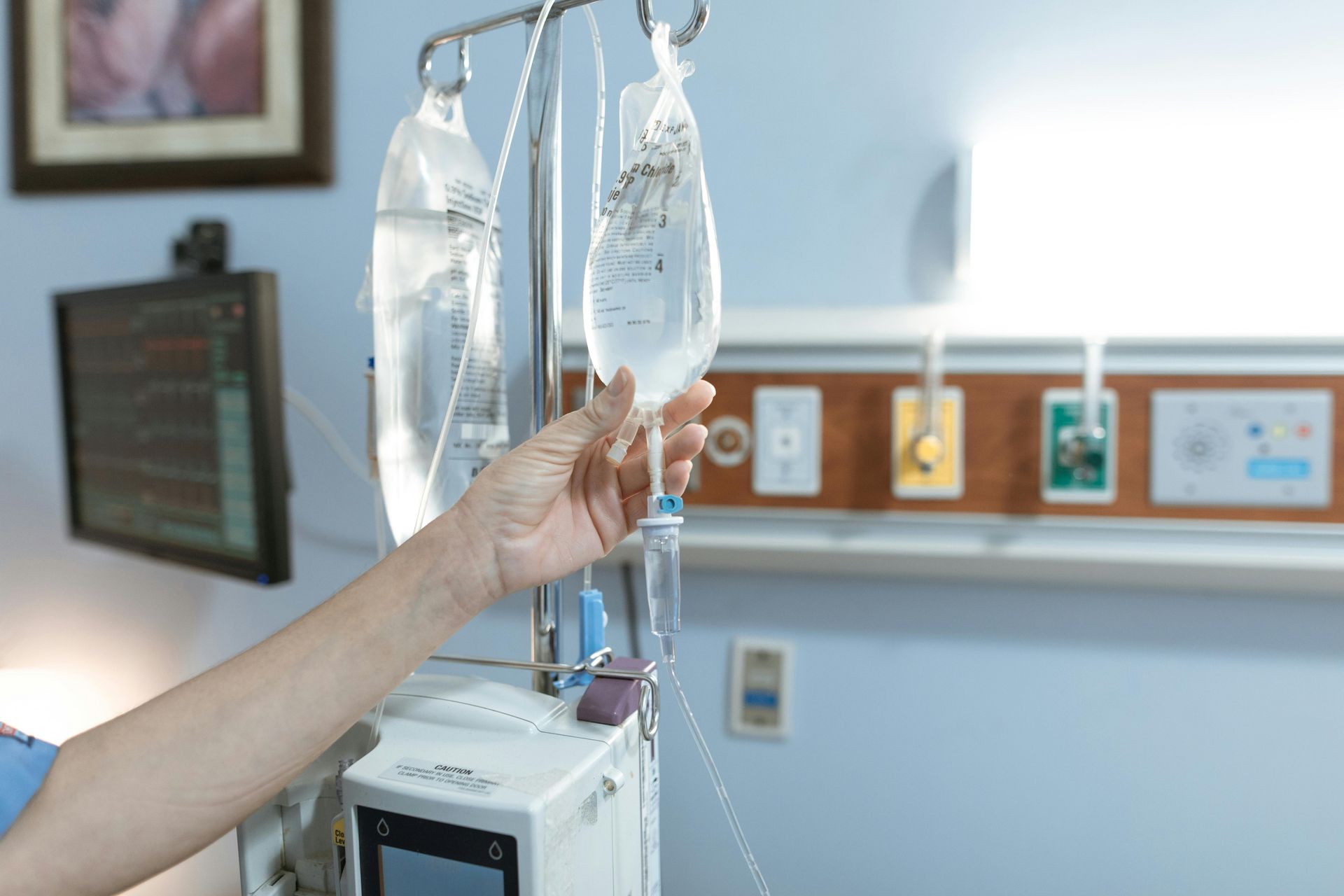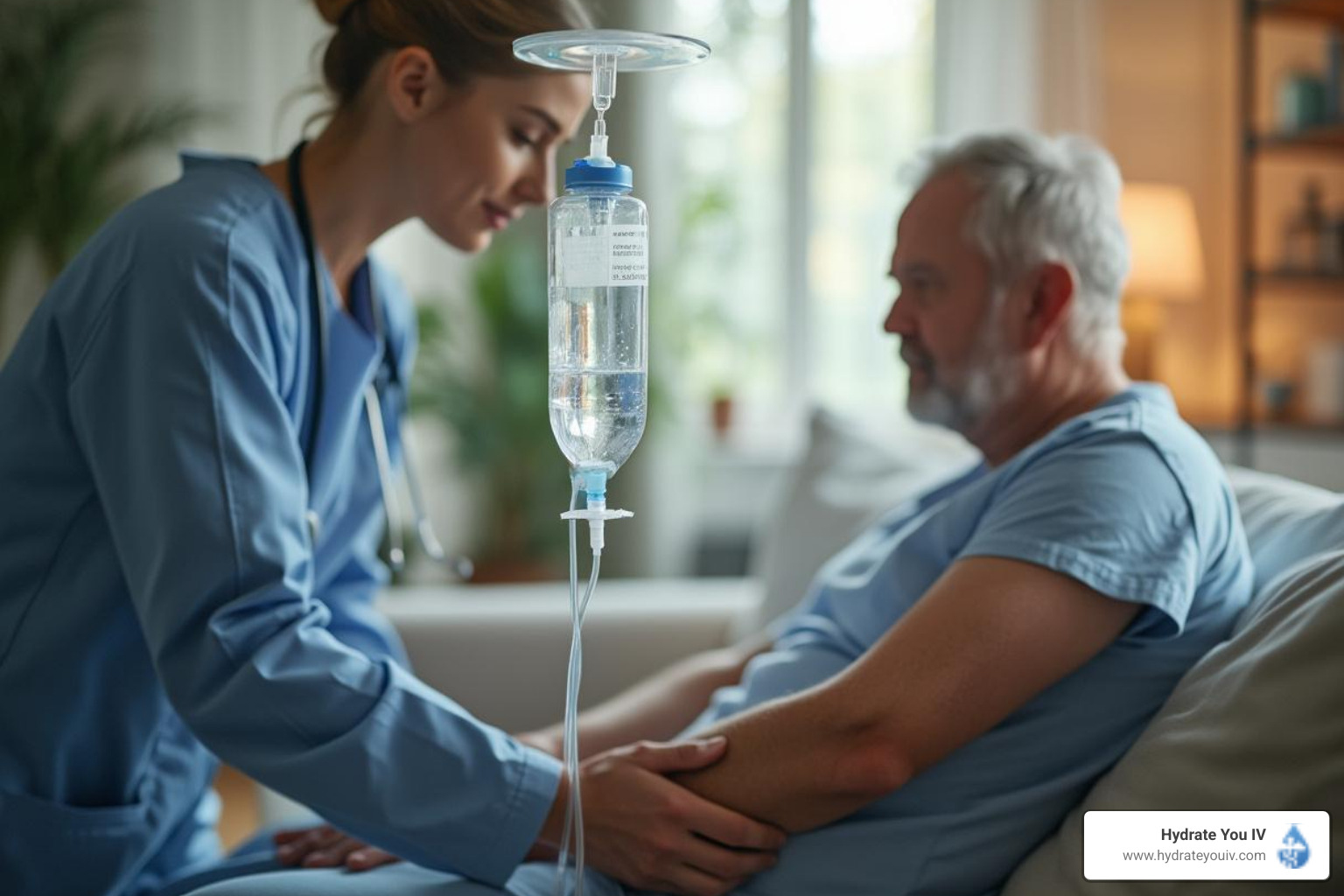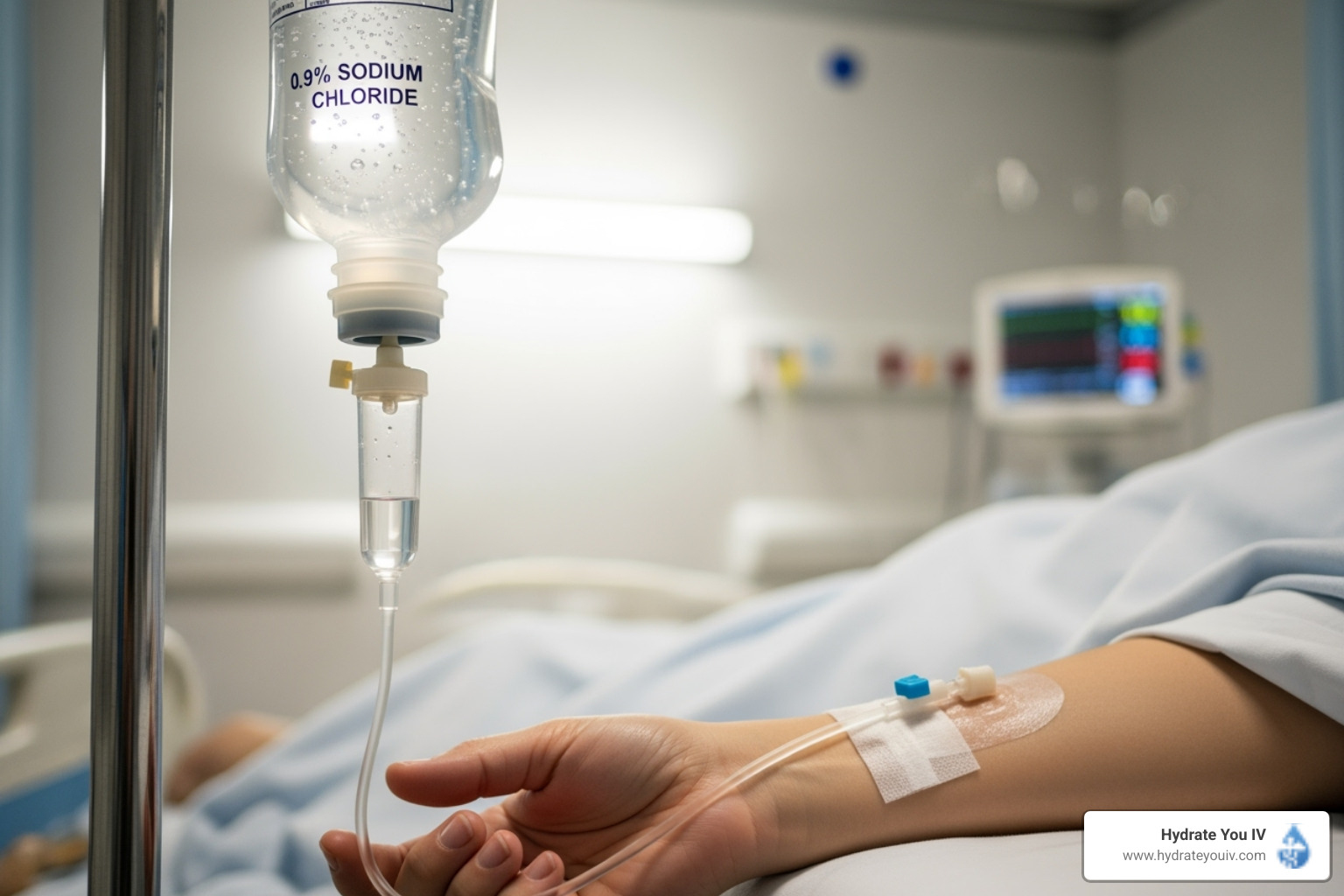Am I Dehydrated? 6 Signs to Look For That Indicate You Are

Dehydration is a serious issue. In fact, it's one of the biggest triggers of daytime fatigue and one of the most common medical conditions in developed countries. You may know when you're thirsty, but do you ever find yourself asking: am I dehydrated? If you can answer yes to this question with certainty, then it might be time for an IV treatment ASAP. If you're unsure, then it's important to learn about how to recognize dehydration and how to alleviate it. Relieving the effects of dehydration can be done in an efficient, healthy, and safe way. You just need to know how to discern when you are dehydrated.
6 Signs to Look For That Indicate You're Dehydrated
1) Endless Thirst: It sounds normal (we all get thirsty), but persistent thirst that just doesn't seem to go away even after a glass of water could be a sign of more serious dehydration. If you are truly dehydrated, your thirst most likely will not be quenched by just drinking water. An easy way to get your body the hydration it needs is by choosing to try IV hydration (IV therapy). It can rectify this issue very effectively and safely.
2) Urination Issues: When you're dehydrated, your urine often becomes darker in color and will typically have a stronger odor. If you are urinating less than usual, this could be an indication that your body isn't getting the hydration it needs to function properly. Seeing a discoloration in your urine and experiencing a noticeable change in smell should be a prompt to ask yourself, "am I dehydrated?", and to take some action to hydrate ASAP.
3) Dizziness/Lightheadedness: This is one of the signs of dehydration that could lead to more serious problems. Dizziness often impairs our motor skills and judgment, making it difficult to continue with whatever we're doing at the time. If you feel dizzy or lightheaded suddenly, there's a good chance you're dehydrated. Hydrating properly will also let you know if it is dehydration or something more serious, which is critical when assessing your health and well-being.
4) Lack of Concentration: It may sound simple, but if you're finding it tough to focus and concentrate on something you could be dehydrated. Dehydration can cause the brain to slow its cognitive functions, making it harder for you to stay alert. Focusing while dehydrated is a bit like trying to run a race with your legs tied together. If you're finding it difficult to stay focused and sharp, consider taking an at-home rehydration IV treatment and improving your daily water intake.
5) Dry Mouth, Eyes, and Lips: Your body needs hydration to survive and without proper hydration, the body tends to show adverse physical signs. Dryness in your skin, mouth, eyes, and lips are big signs that you could be moderately or severely dehydrated. Your body is trying to tell you something with this dryness. It's important to make the necessary changes in your life to rehydrate and stay that way to reverse these symptoms.
6) Mood Swings: "Am I dehydrated or am I just moody?" This is a common question we either ask ourselves or should be asking ourselves more often. Mood swings are not fun for anyone, but the solution could lie in simple, effective, and better hydration treatments. Being hydrated can change your mood for the better and affect how you feel every day. It's a simple process that gives your body and mind what it needs. It truly affects how your mood is and how you react emotionally.
The best way to rehydrate is by giving your body the nutrients, liquids, and vitamins it needs to sustain your day-to-day life properly. You can do this by drinking plenty of fluids, but even then you may be missing out on optimal hydration. Sometimes, you need more and you want a hydration technique that will give you an edge and make your body and mind feel top-notch in the process. To get this edge, you need to try IV hydration therapy.
Am I dehydrated? Let’s find out together and resolve it if you are!
If this question continues to pop up in your mind as your daily disposition slumps, it’s time to find a solution. This is where Hydrate You IV can help. With state-of-the-art IV hydration, you will speed up the process, get all of the important minerals, vitamins, and nutrients your body needs, and feel great in far less time than you'd expect. At Hydrate You IV, we've mastered the science behind hydration to bring you cutting-edge formulas and IV fluids that get you ahead of the game, and keep you there.
To learn more about what we offer, how we can serve you, and the science behind our revolutionary therapies, schedule an appointment here. You can also call us at (866) 551-3372 (Tulsa), or (405) 276-4937 (OKC).

